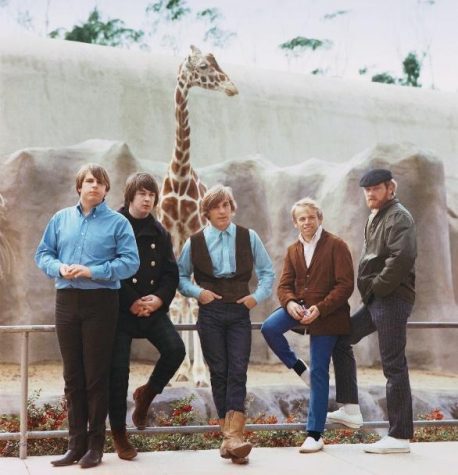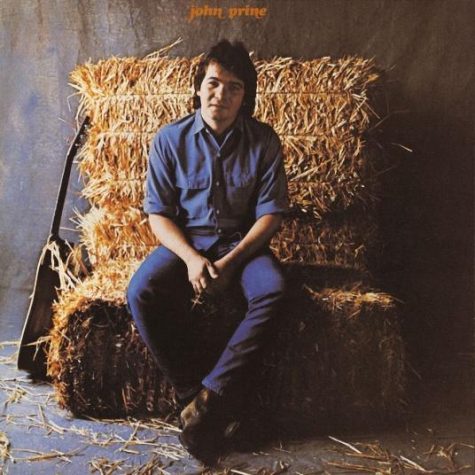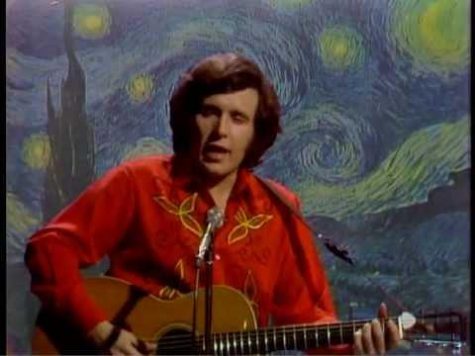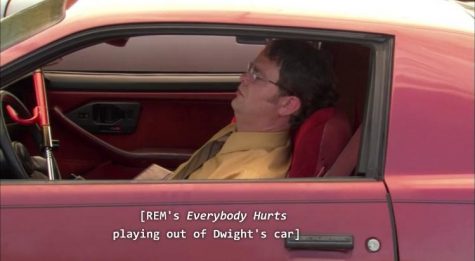Music for mental health awareness
Playlist of the week 3/19/21
March 19, 2021
Trigger warning: suicide, drug addiction
This week’s edition of The Observer is dedicated to mental health awareness, so in recognition, I have gathered some pieces that allude to mental health struggles, as well as more uplifting pieces to balance the mood. If you’re a student at Case Western Reserve University, you’ve likely prioritized your education and academics for most of your life. As fun as the draining rigor and never-ending competition of higher education is, it’s also important to reflect on yourself and make sure that you’re doing OK. Sometimes, it’s alright to worry about our own problems instead of shoving them aside in favor of schoolwork. I know from experience that being burnt out mentally, academically and emotionally is a very real thing. Perhaps this weekend, do something for yourself. Go for a walk, go take the bus downtown and explore the city, go do something other than schoolwork. It’ll always be there when you get back.
If you are struggling with any sort of mental illness, or concern of a mental illness–– diagnosed or undiagnosed––please seek help. You can call a counselor through University Health & Counseling Services (UHCS) at (216) 368-5872. For more serious concerns of emptiness, loneliness or other ideations, the National Suicide Prevention Lifeline is (800) 273-8255. Help is always out there.
“I Just Wasn’t Made For These Times” – The Beach Boys

Off the Beach Boys’s magnum opus “Pet Sounds,” the tune, “I Just Wasn’t Made For These Times” covers how band member Brian Wilson felt as a highly ambitious, yet aimless, mastermind of his generation. Wilson, who was the main conspirator behind the album, suffered from mental illness throughout the entirety of the 1970s and 1980s and channeled this feeling of being lost or not belonging into this piece. Wilson wrote this song with non-Beach Boy member, Tony Asher, who could often empathize with what Wilson was trying to get across with his lyrics. However, with this piece, even Asher admits that he couldn’t relate to what Wilson was trying to say, suggesting that the songwriter was even more solitary than he let on. In the line “No one wants to help me look for places where new things might be found,” Wilson admits his isolation, while also alluding to being stuck somewhere separate from everyone else. He feels like he’s either too advanced for his time period and can’t be understood or is too far behind and can’t catch up. The song is groundbreaking, as it’s the first known rock song to feature a theremin-like instrument, producing a sound reminiscent of an old eerie sci-fi film. Though this was an accurate depiction of Wilson’s life at the time, he has since stated that he doesn’t feel this way anymore, after getting proper professional help. Fortunately, he’s still with us and is in a much better place now.
“Sam Stone” – John Prine

The world lost a beautiful poet and musician when John Prine died from complications arising from COVID-19 on April 7, 2020. In this work, Prine painfully covers post-traumatic stress disorder, substance abuse and suicide all in one gut-wrenching song about a man who had seen more than he could take while fighting for his country. This song about veterans and addictions features lines such as “There’s a hole in daddy’s arm where all the money goes,” describing the true horrors that people face upon returning from the frontlines. Prine explained that, while he always heard songs either in support of or protesting against the Vietnam War, he never heard any about what it was actually like to be a soldier. In honor of a few of his friends who had returned from the war, Prine uses analogy after analogy to hammer the real life of a Vietnam veteran permanently into the mind of the listener. With lines like “Sweet songs never last too long on broken radios,” “The gold roared through his veins like a thousand railroad trains” and “He played his last request while the room smelled just like death with an overdose hovering in the air,” you know that John Prine means complete seriousness when he conveys the mental health of our veterans.
“Beautiful” – Carole King

Coming off her 1971 album “Tapestry,” Carole King’s “Beautiful” isn’t a song about specific mental health concerns, but rather a song determined to give the listener a positive outlook on life. It’s easy to let a bad moment ruin an otherwise perfect day, but King pleads with the listener to remain optimistic, even if you don’t necessarily feel it. It’s not about how beautiful you are on the outside, but how you feel on the inside that determines what kind of day you will have. King uses a riveting piano to introduce the beginning lyrics of the tune, “You’ve got to get up every morning with a smile on your face,” showing that maintaining a sunny disposition is a constant act––not one you can just fake when other people are around. Of course, all of these optimistic clichés are easier said than done, and it often feels that we have no say in what kind of day we’re going to have. That being said, we must remember that we are the sum of our interactions, and that just because we have a bad day, or even a bad week, doesn’t mean that we have a bad life.
“Vincent (Starry, Starry Night)” – Don McLean

Don McLean wrote this piece after reading a biography about Vincent van Gogh. McLean was inspired by it and argued that, despite the myriad of mental health issues he faced, van Gogh wasn’t insane. Instead, McLean’s bittersweet ballad maintains that, by focusing on the artist’s mental health struggles instead of his work, we’re not fully appreciating the man himself, fitting into the final line of the song “They would not listen, they’re not listening still. Perhaps they never will.” It’s too common of an occurrence for people with mental illnesses to be ignored. McLean takes something as painful as suicide and juxtaposes it with the beautiful artwork of van Gogh while using literary techniques to paint an even brighter picture. For example, McLean uses alliteration in the line, “Flaming flowers that brightly blaze,” to further paint a picture separating the idea that van Gogh’s mental issues defined him, rather than his art. This piece was said to have been a favorite of rapper Tupac Shakur, and was reportedly played for him shortly before he died in 1996.
“Everybody Hurts” – R.E.M.

This classic piece of melancholy and dramatic wallowing was originally released on R.E.M.’s album “Automatic for the People” in 1992. Most of the song was written by drummer Bill Berry, with guitarist Peter Buck mentioning that the straightforward lyrics targeted a teenage audience. Part of the teenage experience for many is identifying yourself with the lyrics in this song. Feeling like a lonely outcast and wondering if it ever gets better seem to be essential elements of the “depressed philosophical teenager” archetype. However, many people have attributed this song to having helped them during their dark times. The title “Everybody Hurts,” although straightforward, is a possible rebuttal to depressed teenagers who believe that their situation is completely unique. Between rushing hormones, academic stressors and a whole life to plan out, it’s common to feel like you’re experiencing something completely new. Fortunately, these feelings are understood and shared by most people, so you aren’t struggling through them alone.


